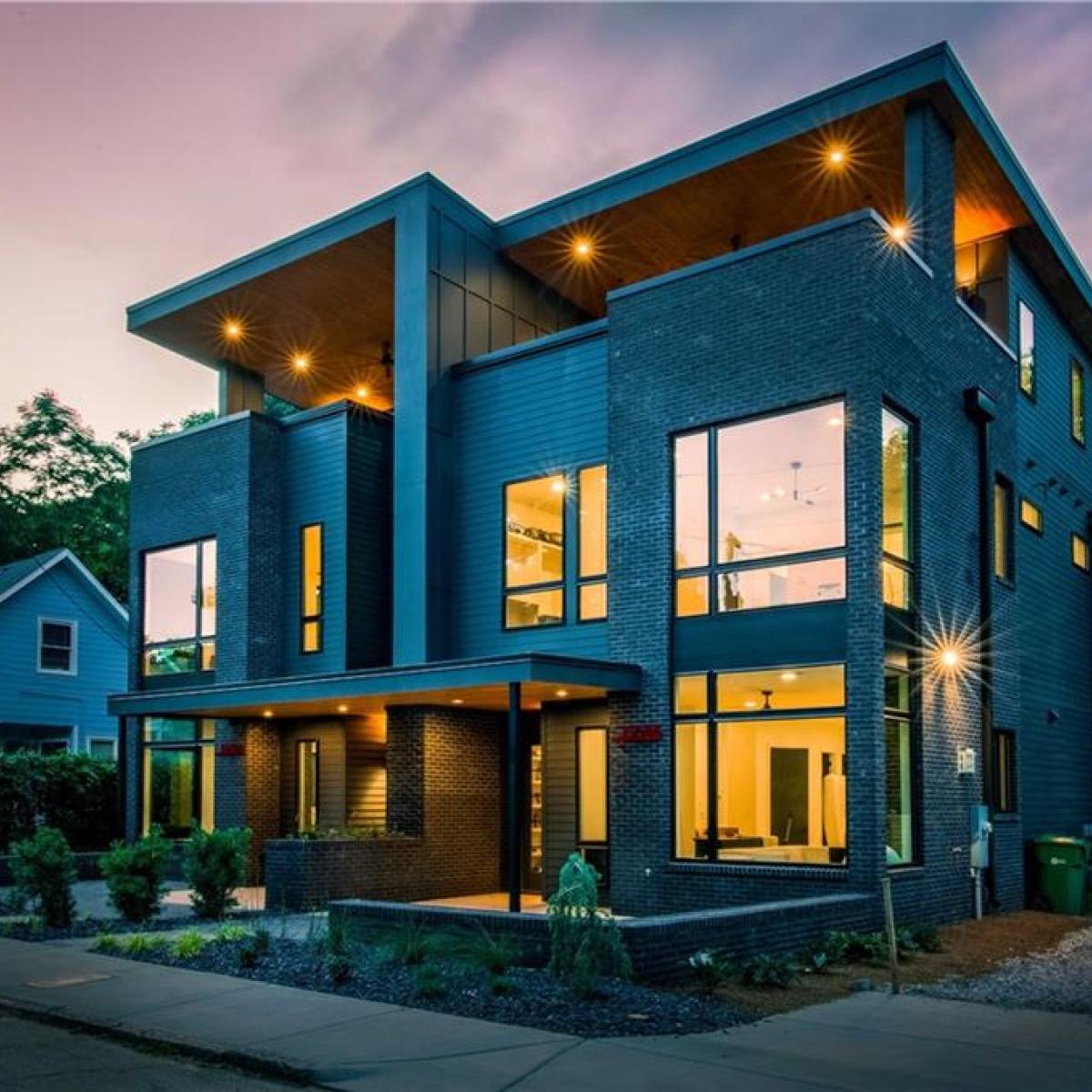Understanding Homeowners' Associations: What You Need to Know

When searching for a new home, you may come across properties that are part of a Homeowners' Association (HOA). HOAs are governing bodies that oversee the maintenance and management of a neighborhood or community. Whether you’re a first-time buyer or an experienced homeowner, it’s essential to understand how an HOA can impact your homeownership experience. In this post, we’ll cover the basics of HOAs, what they typically include, and how they affect your decision-making process.
What is a Homeowners' Association?
A Homeowners' Association (HOA) is a legal entity created by a real estate developer to manage and maintain a community of homes, such as a condominium, townhouse, or single-family home development. HOAs enforce rules, known as Covenants, Conditions, and Restrictions (CC&Rs), and collect fees to maintain common areas and services.
What Are the Responsibilities of an HOA?
An HOA is responsible for maintaining the shared amenities within the community. This could include:
- Common areas: Pools, clubhouses, gyms, parks, and landscaped areas.
- Exterior home maintenance: Some HOAs cover things like roof repairs, siding, and lawn care.
- Security: Gated entries, security patrols, and surveillance cameras.
- Utilities: In some cases, an HOA may cover certain utilities such as water, trash collection, and sewer services.
The scope of these responsibilities varies depending on the community. Understanding what’s covered by the HOA fees can help you gauge if the cost of membership aligns with the benefits.
What Are HOA Fees?
As a homeowner within an HOA community, you’re required to pay regular dues, often monthly or annually. These fees are used to fund the maintenance of common areas and the management of the association itself. Fees can vary greatly depending on the community’s amenities and the scope of services provided. It’s important to research what the fees cover and whether they align with your budget.
HOA Rules and Regulations
One of the most significant aspects of living in an HOA-governed community is adhering to its rules and regulations. These can range from restrictions on exterior home modifications (such as paint colors or landscaping) to parking and noise limitations. While these rules are designed to maintain property values and create a harmonious living environment, they may also feel restrictive to some homeowners.
Before buying a home in an HOA community, review the CC&Rs carefully to ensure the rules align with your lifestyle and preferences. It’s also worth asking about the process for challenging or changing rules, as this varies by community.
Pros of Living in an HOA Community
- Well-maintained common areas: HOAs typically ensure that the community stays clean, landscaped, and aesthetically pleasing.
- Community amenities: Many HOA communities offer amenities like swimming pools, playgrounds, and recreational facilities that you might not otherwise afford individually.
- Enhanced property values: Homes in HOA communities tend to maintain or increase in value due to the strict rules that help maintain a cohesive look and feel.
- Dispute resolution: HOAs often provide a formal process for handling disputes between neighbors, which can prevent tension.
Cons of Living in an HOA Community
- Monthly/annual fees: These can be costly, especially in communities with extensive amenities or high-end services.
- Rule restrictions: HOAs can enforce stringent rules that may limit your personal freedom to modify or customize your home.
- Special assessments: If an HOA encounters unexpected expenses (e.g., major repairs), homeowners may be required to pay a special assessment in addition to their regular fees.
- Conflict potential: While HOAs aim to manage disputes, homeowners may occasionally find themselves at odds with the board or other residents over the enforcement of rules.
How to Evaluate an HOA Before Buying
If you're considering a home within an HOA community, there are a few things you should evaluate:
- Review the governing documents: Understand the CC&Rs and bylaws to make sure you’re comfortable with the restrictions.
- Assess the fees: Are the HOA dues reasonable, and do they fit into your budget. Make sure to check for any upcoming special assessments.
- Consider the board: Who is on the board of the HOA? An active and responsible board often reflects a well-managed association.
- Check the financial health: Ask for recent financial statements to ensure the HOA is financially stable and has adequate reserves for future expenses.
- Examine the community: Take a look around the neighborhood. Are the common areas well-maintained? Does the community feel cohesive and welcoming?
Conclusion
Living in an HOA-governed community can provide numerous benefits, but it’s not for everyone. Before committing to a home in such a community, be sure to fully understand the rules, responsibilities, and costs involved. A little research upfront can save you a lot of headaches down the road and ensure you find a home that fits your lifestyle.
If you’re interested in exploring homes within HOA communities or have any questions about how an HOA might impact your home search, feel free to reach out. We’re here to help.
Recent Posts

Feeling Unsure About Real Estate in 2026? You’re Not Behind — You’re Being Thoughtful

Real Estate Investing in 2026: Smart Moves Still Exist—If You Know Where to Look

Buying a Home in 2026: What No One on Social Media Is Explaining Clearly

New Year, New Move: Why January 2026 Is the Smartest Time to Start Your Real Estate Journey

Black Friday? How About Black & Gold... Your Home & Wealth Strategy for 2026

Traditions Need a Space: The Power Move to Homeownership Before Holiday Chaos

Gather, Give Thanks & Grow: Why This Buyer Season Has Opportunity!

Stuffing, Sweet Potatoes & Strategy: How Fall Listings Give Sellers an Edge

Home Is Where the Hearth (and the Equity) Is: Getting Thanksgiving-Ready in Real Estate

How Buyers Can Be Successful in Today’s Market

